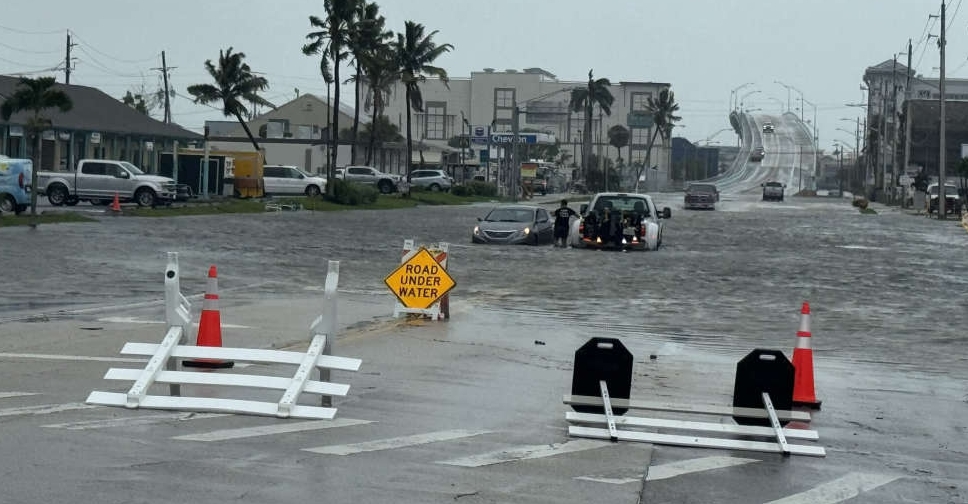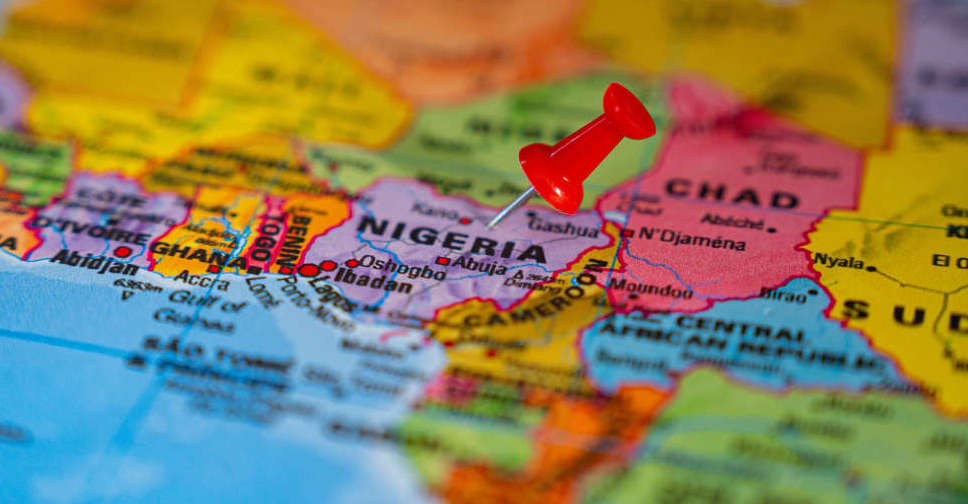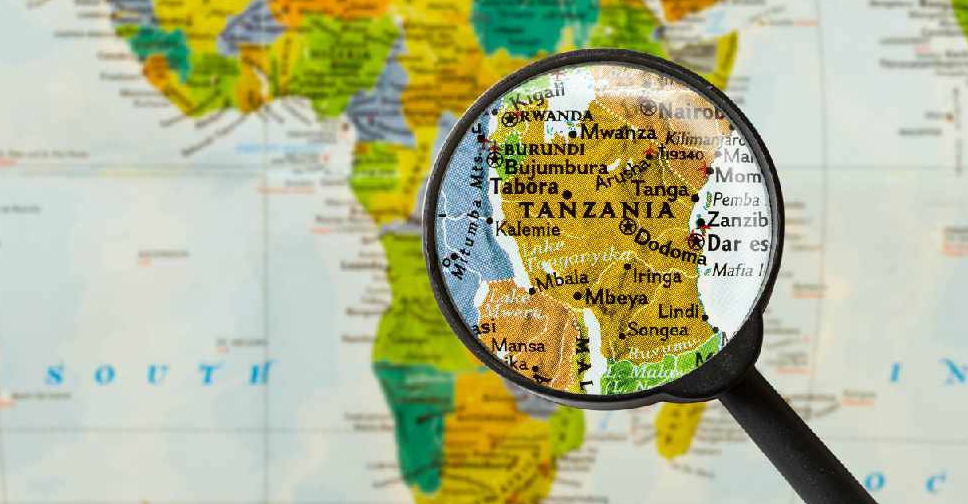
Tropical Storm Debby has strengthened into a hurricane and is expected to make landfall in the Big Bend region of Florida's Gulf Coast by midday on Monday, the US National Hurricane Center (NHC) said, warning of life-threatening ocean surges.
The hurricane was located about 160 km west-northwest of Tampa, Florida, packing maximum sustained winds of 120 km per hour, the NHC said.
The hurricane center forecasts life-threatening conditions, including storm surges up to three meters in some areas. As it slowly moves north through the week, the storm may bring "potentially historic rainfall" of between 25 and 50 cm and catastrophic flooding to Georgia and South Carolina, it said.
"This is going to be the story of this storm," said Jamie Rhome, the deputy director of the hurricane center. "Its slow motion is going to dump historic amounts of rainfall - potentially over 20 inches. You're talking about catastrophic flooding."
Preparing for Debby, Florida Governor Ron DeSantis called up 3,000 National Guard troops and placed most of the state's cities and counties under emergency orders, while mandatory evacuations were ordered in parts of the Gulf Coast counties of Citrus, Dixie, Franklin, Levy, and Wakulla.
DeSantis said there are more than 17,000 linemen and other electric workers ready to restore power.
The governors of Georgia and South Carolina also declared states of emergency ahead of the storm.
Climate scientists believe man-made global warming from burning fossil fuels has raised the temperature of the oceans, making storms bigger and more devastating.
The storm could be like Hurricane Harvey, which slammed into Corpus Christi, Texas, in August 2017. While downgraded into a tropical storm as it moved inland, it lingered over the state, dumping about 50 inches of rain on Houston.
Harvey is rated as one of the wettest storms in US history, causing more than 100 deaths and $125 billion in damage, primarily from flooding in the Houston metropolitan area.
Forecasters expect a large number of Atlantic hurricanes in the 2024 season, which began on June 1, with four to seven seen as major. That exceeds the record-breaking 2005 season that spawned the devastating Katrina and Rita hurricanes.
Only one hurricane, Beryl, has yet formed in the Atlantic this year. The earliest Category 5 storm on record, it struck the Caribbean and Mexico's Yucatan peninsula before rolling up the Gulf Coast of Texas as a Category 1 storm, with sustained winds up to 153 kph.

 Bangladesh leader considered PM frontrunner returns from exile
Bangladesh leader considered PM frontrunner returns from exile
 Five killed in Nigeria mosque attack, police say
Five killed in Nigeria mosque attack, police say
 Helicopter crash on Tanzania's Mount Kilimanjaro kills five, aviation authority says
Helicopter crash on Tanzania's Mount Kilimanjaro kills five, aviation authority says
 UK, Canada, Germany and others condemn Israel's West Bank settlement plan
UK, Canada, Germany and others condemn Israel's West Bank settlement plan
 Discovery of a million more potential Epstein documents delays further releases
Discovery of a million more potential Epstein documents delays further releases




